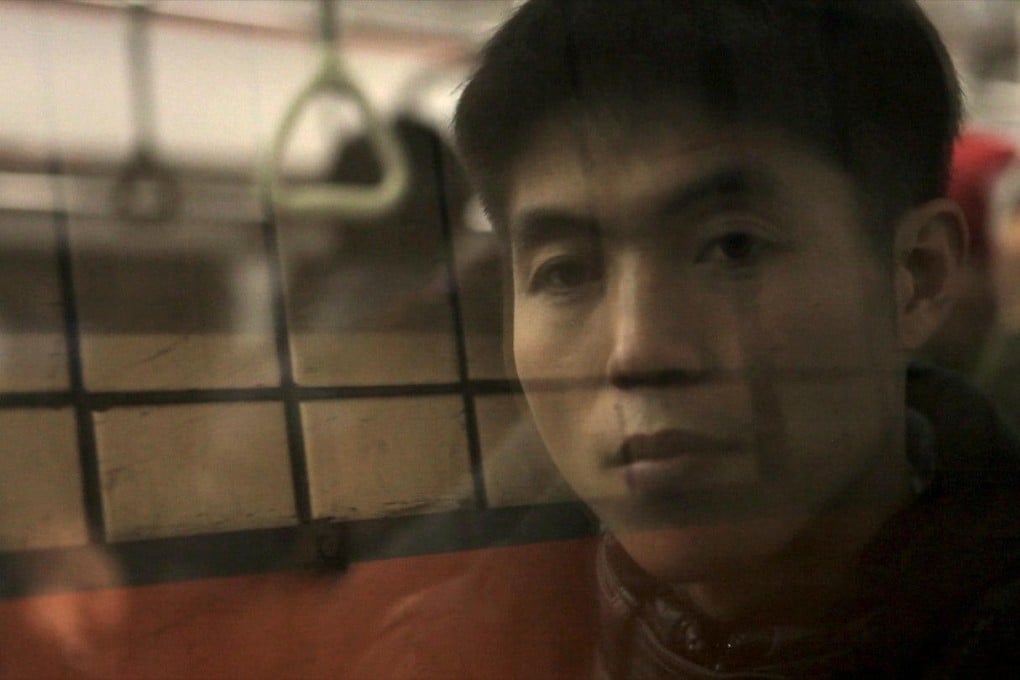Programmed for terror
A documentary about escapee Shin Dong-hyuk explores how North Korea's people are conditioned to accept the horrors of slave labour camps

Shin Dong-hyuk was born in 1982 in the North Korean slave labour camp known as Camp 14, but that didn't mean he had a close relationship with his mother. When he was 14 years old, he overheard her helping to plot his brother's escape and reported her to the camp authorities, in the hope of gaining favourable treatment.
For his trouble, he was tortured by being hung on a metal hook over a charcoal fire, interrogated and held in solitary confinement. When he was released from solitary, Shin was driven to an execution ground with his father. They were placed at the front of the crowd to watch the day's entertainment.
I thought, from a human rights point of view, why are the lives of two American reporters deemed more worthy than those of 200,000 North Korean inmates?
Shin watched as the guards shot his brother and hung his mother. Even more tragically, he didn't feel a thing: he had been so brainwashed by the guards that he felt the murder of his brother and mother were necessary punishments to maintain order in North Korea.
"I had not yet learned that I was meant to feel sad about the death of my mother," Shin says.
Shin, who spent his first 23 years in Camp 14, is the only person born in a slave labour camp known to have escaped. The breakout, which happened in 2005, and his horrifying life inside the camp, are the subject of Camp 14 - Total Control Zone, a powerful and measured documentary about Shin's life made by German director Marc Wiese. The film - which uses animation to portray life-altering sequences from Shin's past - was screened recently in New York and other US cities, as part of the travelling Human Rights Watch Film Festival.
Wiese spent 15 days interviewing Shin, who now lives in Seoul and campaigns for human rights, about his life in the labour camp. The result is a harrowing film, but a necessary one: although their existence is well-documented, few outside the Korean peninsula are aware such camps exist.
Wiese was moved to make Camp 14 when he read a newspaper article about Shin's experiences written by American journalist Blaine Harden. (Harden also published a book entitled Escape from Camp 14: One Man's Remarkable Odyssey from North Korea to Freedom in the West.) "I realised this man lived 23 years in the camp and, because of the rule that inmates are forbidden to talk about the outside world, he never realised the world outside was any different to what went on in the camp. At that moment, I said to myself, 'I want to make this story'," Wiese says.